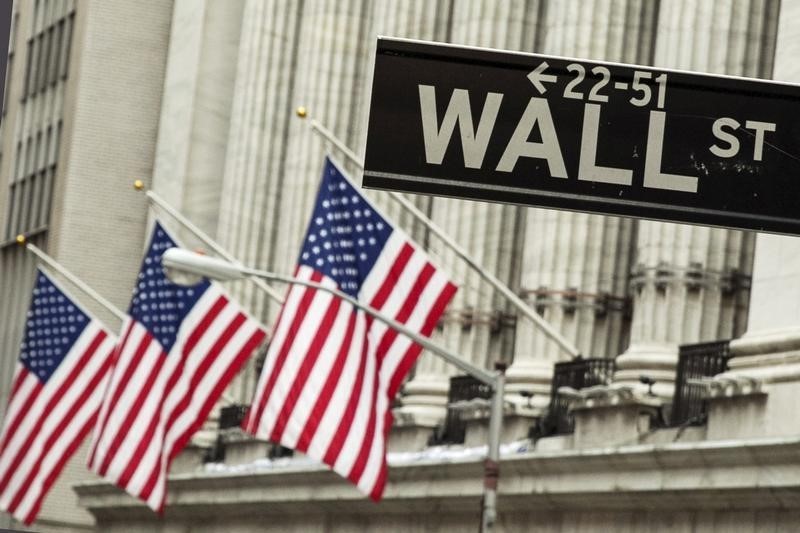Investing.com -- According to the latest Sevens Report Research note, the S&P 500 may face a significant drop into the low 4,000s in a worst-case scenario, if economic conditions deteriorate and key market assumptions falter.
The firm said in its latest note that recent market activity has shown that the S&P 500 is trading at a valuation that does not reflect current economic realities.
"This market remains vulnerable to negative shocks on growth, Fed rate cuts, inflation, and earnings," the analysts explained, highlighting the risks the index faces.
Economic data, especially in the labor market, has shown a deterioration in recent months, which has led to rising concerns about a potential hard landing.
While the data still suggests a soft landing is more likely, the slowing economy does not justify the S&P 500's current 21X multiple, according to Sevens.
"The economy is notably losing momentum, and that's simply not an environment that warrants a 20X multiple," Sevens stated.
They believe a critical factor is the Federal Reserve's rate-cutting approach. Sevens says that while a 25-50 basis point cut in September seems likely, expectations of 100 basis points in cuts by year-end may be overly optimistic. How quickly inflation declines will determine the Fed's next moves.
The performance of tech stocks, particularly AI-linked earnings, has become a significant market driver. The firm adds that with AI guidance recently disappointing, tech giants like Apple (NASDAQ:AAPL), Microsoft (NASDAQ:MSFT), and NVIDIA (NASDAQ:NVDA), which make up a large portion of the S&P 500, could act as a "consistent headwind" for the index.
If economic data worsens and AI-linked tech stocks continue to disappoint, Sevens Research warns the S&P 500 could experience a sharp decline.
"This scenario would essentially undermine the assumptions behind the October-July rally and a giveback of much of that rally would not be out of the question" the firm writes, adding that a drop into the low 4,000s is entirely possible.
"This scenario may seem a bit extreme given still-high equity valuations, but it remains entirely possible (what if we actually get a hard landing?) and must be considered as a "worst case" scenario."
